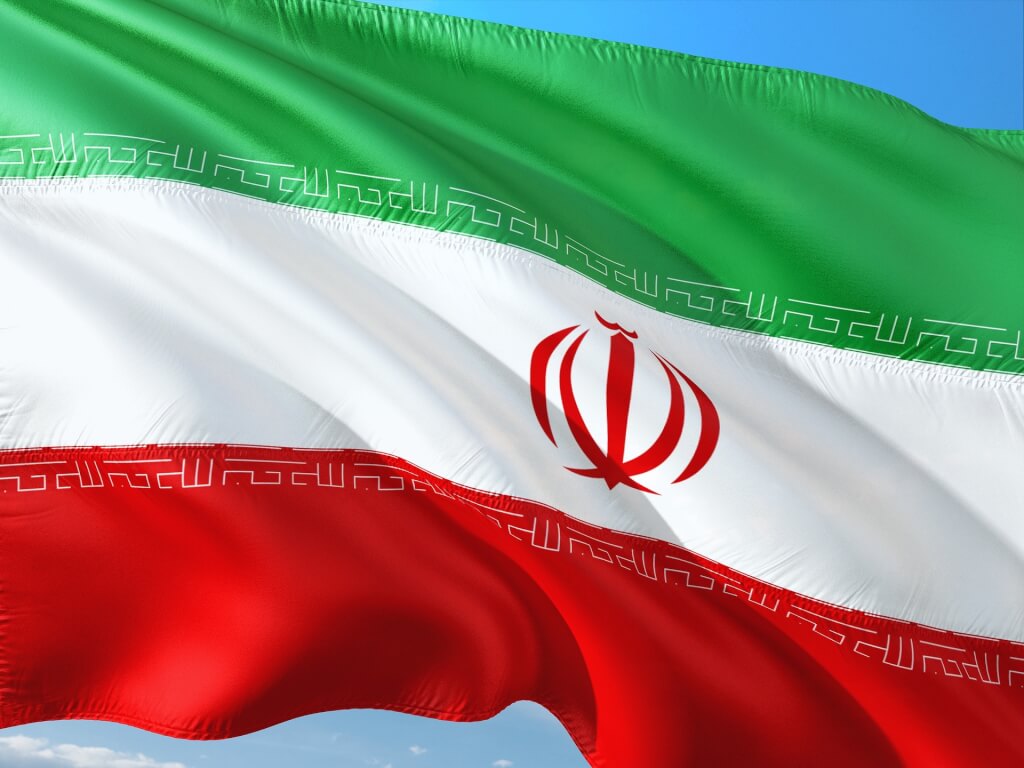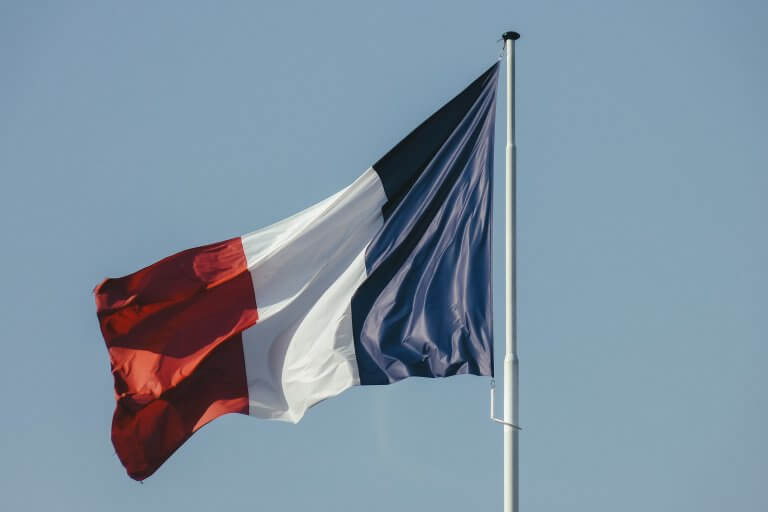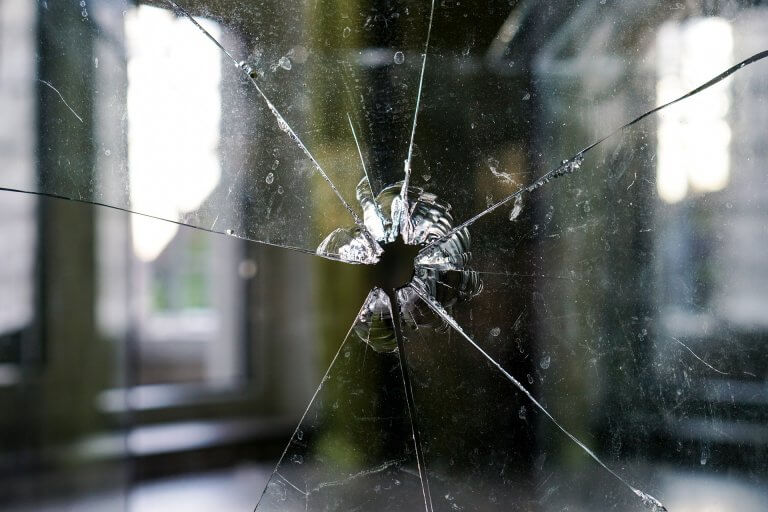
How the rumors about the collapse of the Islamic Republic of Iran are a bit exaggerated
In Iran, protests of many thousands continue for almost a month after the death of 22-year-old Mahsa Amini, who was detained by the Morality Police for “improperly” wearing her hijab. The girl died in hospital after being brought there from the police station. The protests continue to spread despite the internet blackout, with rallies and marches taking place in more than 100 cities across the country, most notably in the capital, Tehran. Civil disobedience actions are commonplace in Iran, but this time, the level of tension and determination of the protesters is breaking all records. Anti-government demonstrations often escalate into clashes with the forces of law and order, resulting in numerous deaths and injuries.
This situation has generated widespread enthusiasm in the US and the EU. The European and US media report every day that Iranians are tired of injustice and state interference in their lives and are ready to call for the resignation of the government with a change of regime. Indeed, the regime of the Islamic Republic, which was established in the country in 1979, has always been hostile to the West. And today, when the US and many European countries are almost in direct conflict with Russia and in latent confrontation with China, to wrest such an important country as Iran is the most important task within their political bloc. At the same time, rumors about the death of the supreme leader of Iran Ali Khamenei began to spread actively, which should have spurred the revolutionary processes. However, it is worth noting that the media, as is often the case, is stirring up unnecessary hysteria, and the real goals of the West regarding Iran are much more modest and far from the struggle for a democratic revolution.

To assess the real situation, it is important to understand several factors. First, the strength and popularity of the Iranian conservatives, led by President Ebrahim Raisi. Even in the major cities they have many supporters, and almost the entire agrarian province is loyal to their political position. It must be clear that pro-government organizations are not only massive, fanatical, and cohesive, but also often armed. This also applies to the Morality Police, a paramilitary volunteer militia called the Basij, formed to recruit volunteers for the Iran-Iraq war back in the early 1980s. Even then, members of the Basij began to supervise the way Iranian university students dress and behave, and their powers of supervision have only expanded over the years. The Morality Police being just one such organization among many others, the Islamic Revolutionary Guard Corps (IRGC), with its thousands of members, is also even worth mentioning. It was the political support among the conservative part of society that made it possible to demand stricter laws regarding women’s clothing, and when a few liberally minded politicians criticized such a decision, Raisi called them “arrogant”. It is this support of strong fighting brigades that gives the Islamists in Iran confidence that if protesters attempt a coup d’état, it will be directly crushed. In the meantime, quite brutal measures are already being applied today.
Secondly, it is necessary to understand the thinking of even liberal Iranians, where they clearly distinguish between internal issues and external sovereignty. Many are indeed very tired of Islamic strictures and want a more secular state. But even during the 1979 revolution, in addition to the religious aspect, the key issue was Iran’s struggle for political and economic sovereignty. Here also the Iranian society maintains its solidarity. Secular and liberal Iranians can fight selflessly for their rights, but when they feel even a small attempt at foreign interference under the motto of “fighting for democracy”, their attitude will immediately change. Thus, public opinion shifted sharply in a conservative direction after the start of external pressure on Iran’s state structures. That is, US officials and the media did not help the protesters, but rather hurt them. There is no reason to expect change now that the US has imposed sanctions against members of the vice squad over Amini’s death. There also remains a certain consensus of support for the country’s leader Ali Khamenei. Thus, those who came to the funeral of the dead girl chanted, “This is our shame, our disgrace, our stupid president!”, speaking out against Raisi but not Khamenei. Negative reactions towards Ayatollah can only be found in national regions dominated by Turks or Kurds, but not in the ethnic Persian “heartland”. This demonstrates the unity of Iranian society on the issue of sovereignty.
Thirdly, the overall political context against which these protests are taking place is important. The US and Europe are now trying to implement the Joint Comprehensive Plan of Action (JCPOA) regarding Iran’s nuclear program. Simply put, they are negotiating the removal of some sanctions on Iran in exchange for the curtailment of its nuclear program. However, the oil crisis has complicated the negotiations because the main goal against the background of the oil crisis, which emerged after the start of the conflict in Ukraine, was not the curtailment of the Iranian nuclear program, but rather the access to Iranian cheap energy. Feeling its strength and the weakness of its opponents, Iran began to behave more confidently, and the negotiations safely reached an impasse, although both sides continue to imitate some progress.
Resolute gestures and harsh statements are intended only to encourage Iran to become more accommodating. As mentioned above, the US imposed sanctions on the Iranian Morality Police and seven high-ranking law enforcement officials over the death of Mahsa Amini. The sanctions were imposed with pathetic wording “for violating the rights of women in Iran and violating the rights of peaceful protesters.” US President Joe Biden also said that “the US will not allow Iran to obtain nuclear weapons”, but added that he would only pursue this diplomatically. The EU, as always, was even more leniently unspecific. Josep Borrell, head of European diplomacy, said that the European Union was considering various options for responding to the events in Iran that led to the deaths of civilians. Looking at such reaction, it is obvious that the West is not going to help the protesters and does not even expect them to achieve any success. Rumors of the collapse of the Islamic Republic of Iran are a bit exaggerated, and the media are only doing their “propaganda” routine.

